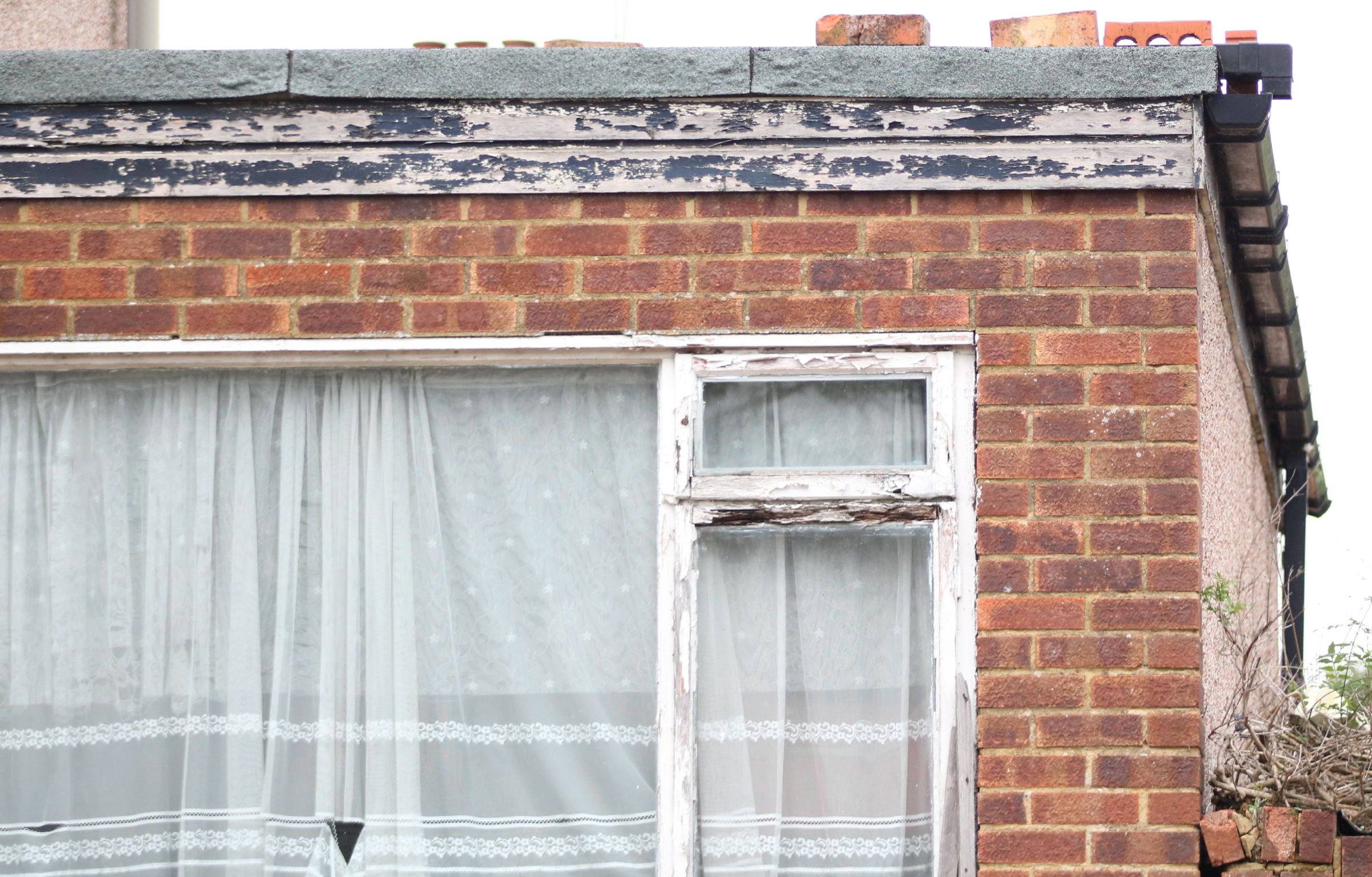
Some repairs that are reported to landlords of your rented property relate to breakdowns and issues that occur suddenly and out of the blue. In some cases these are preventable with scheduled maintenance programmes, but in other cases they are simply unforeseen occurrences that the landlord can’t be blamed for. However, some repair issues are harder to detect and can evolve over time, starting as a small, barely visible problem that has no consequences, but growing into a much bigger and more damaging problem, and the issue of rotting windows and mould is a good example of this.
What is mould and how is it caused?
Many areas of a domestic home can become damp, and equally, there are many causes of the damp. So damp can be caused by moisture finding a way into the home, and it can also form inside the home when moisture can’t find a way outside, this usually manifests itself as condensation. Damp is created by an excess of moisture, and this is commonly found through cooking, showering, baths and drying clothes inside. Of course it can also be caused by leaking pipework or rising damp in the basement.
In areas of the home where there is poor ventilation or poor heating we are likely to find excess moisture and condensation, and in these circumstances listed above, we are likely to see mould forming. Mould is an unpleasant by-product of damp areas in a building, it is essentially a type of fungus and it produces tiny spores which can become airborne, similar to dust allergens. These mould spores are prolific and they thrive in damp conditions, so areas of mould can spread very quickly.
How does mould affect the home?
Mould forming in a home can produce a musty, unpleasant smell and it looks unsightly also. Eventually it can start to affect interior décor and plasterwork, but where a property has wooden window frames this can cause a huge problem. Older window frames that are not made from a modern uPVC and are not double-glazed, are much more prone to condensation forming, and hence are a hotspot for mould. Wood is also a food source for the mould, so the wood can be broken down very quickly and starts to rot.
The danger of rotting windows is three-fold:
- The mould can grow quicker and be more damaging
- The deterioration of the wooden frames will let cold air into the home
- The deterioration of the wooden frames can create a structural safety issue
The health effects of mould
It is a common misconception that mould can cause asthma. If a person already has an existing asthmatic condition, exposure to the mould allergens can cause more frequent and more severe attacks, but mould in itself doesn’t cause asthma. However there are many direct health problems caused by mould, because the mould spores are microscopic and airborne they can easily come into contact with the skin and eyes, plus nasal and bronchial membranes. This can cause rhinitis and eczema, more commonly seen in symptoms such as:
- Coughing
- Mild fever
- Blocked and runny nose
- Pain or pressure behind the face
- Sore throat
- Sneezing
- Dry, red or cracked skin
- Raised, itchy skin or a rash
- Itchy eyes and conjunctivitis
These health symptoms are very visible and their effects are very obvious, but another hidden danger of mould in the home is the effect on the mental health of those having to live in these conditions. Mould and rotting windows can be hugely uncomfortable and unpleasant to live with in terms of the cold, the smell and how it looks. This can cause stress, particularly when it also has an impact on your family. It can also start to damage your possessions and may have an impact on your appearance, which again can impact on your self-esteem and your mental health.
People particularly susceptible to mould problems are those with existing asthmatic, respiratory or bronchial problems, babies and children, the elderly and those with a weak immune system. But the key issue is that mould is a hidden danger, it can creep up slowly and can cause problems before you even know what is causing it.
What to do if you discover mould problems and rotting windows
At the first sign of mould developing you should report this to your landlord. It is a sign that there is excessive moisture coming from somewhere, or there is poor ventilation or poor heating. Whatever the source of the moisture the landlord is duty-bound to investigate it and resolve the problem before the mould grows worse and more damaging. It is in the labdlord’s own interests as the property owner, but particularly because they have a responsibility to provide a safe and comfortable property.
If the landlord has been given sufficient time to investigate the mould problem and has not resolved it, the mould will be growing worse. In these circumstances, if you are renting your property through a housing association, social housing or a local authority, you are eligible to start a housing disrepair claim.
Contact Legal HD, the housing disrepair claim specialists, and we can help you with this process immediately.


